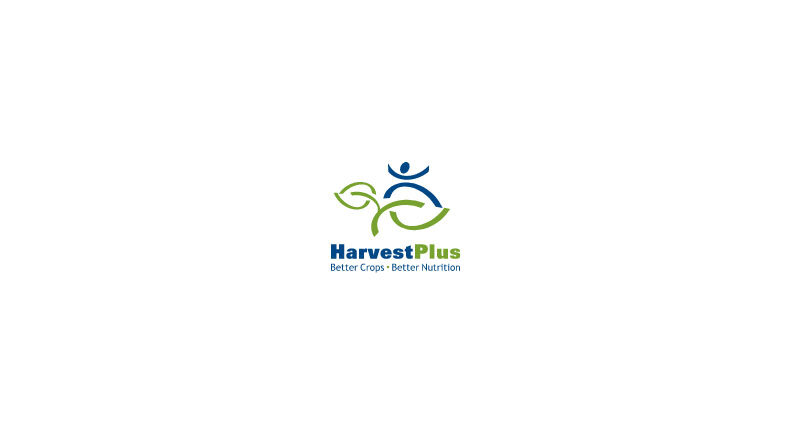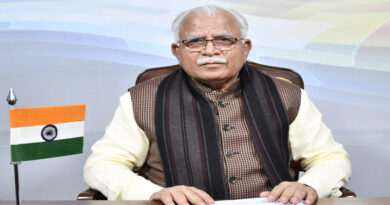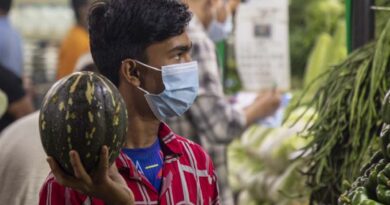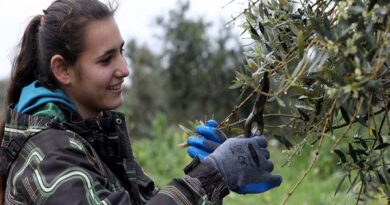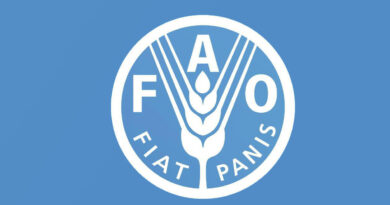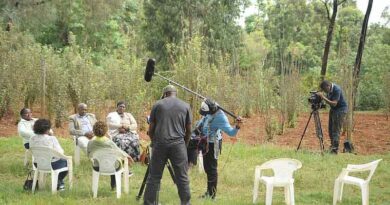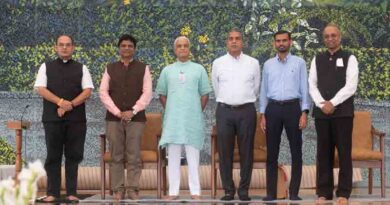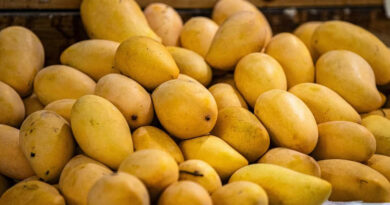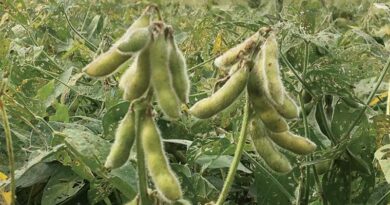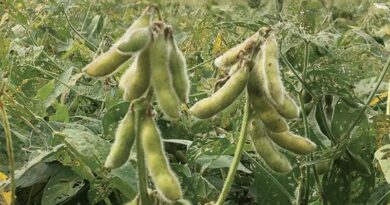Zambian Community Leader & Biofortification Champion: Senior Chief Nzamane
16 October 2021, Canada: Very few people are born leaders and very few leaders are able to lead by example. Senior Chief Nzamane in the Chipata region of eastern Zambia is, however, an exception to this rule.
When Nzamane became chief over the Ngoni people in Chipata, he made it one of his primary objectives to overcome hunger and malnutrition amongst his people and ensure food security within the region. The motivation behind this objective lay in the fact that the region of Chipata had always been heavily dependent upon aid and supplies from the Government of Zambia and donors working in the area to overcome prevailing food insecurity.
In order achieve this objective, Nzamane encouraged his people to learn more about how they can improve their agricultural output. He also decided to lead by example when he began to grow various crops on his own farm in order to demonstrate how increased agricultural output could translate into profitable returns for many farmers.
Upon seeing his success, many of the Ngoni people followed suit and began to focus on improving their agricultural output, particularly by diversifying the crops they grew and selling their crops for higher profit margins. These nutrient-rich crops were then sold onwards in the marketplaces to become staple ingredients in the home-cooked meals of the Ngoni people. Nzamane’s efforts have clearly borne fruit over the years as he was able to transform Chipata from an aid-dependent region to a predominantly food secure region of Zambia.
Leading by example
In November 2011, HarvestPlus selected Chipata as one of the districts to test, disseminate, and train farmers on the production of vitamin A-enriched orange maize. To pursue this activity, HarvestPlus reached out to Nzamane for his permission to work within his chiefdom. Nzamane granted permission to HarvestPlus and also actively participated in some of the training sessions.
During these sessions, Nzamane asked to sample some of the products, particularly the samp (coarsely ground maize) and the seeds. The Chief was also greatly interested in the various nutritional benefits available through the consumption of the vitamin A maize. This was the start of a very lucrative relationship between HarvestPlus and Nzamane, which propelled the growth, sale, and consumption of vitamin A maize to new heights in Zambia.
Soon after the training sessions with HarvestPlus, the Chief began to grow the vitamin A maize on his own farm as well. He currently produces and markets 35 metric tons of vitamin A maize to processors. His proactivity has encouraged and enabled many of his people to follow in his footsteps and start growing vitamin A maize.
Expanding socio-economic opportunities
From the profits generated by farming the vitamin A maize, within the first year alone, Nzamane was able to procure a car for his family as well as a truck for the delivery and shipment of inputs and produce.
But he did not stop there. He realized that with the current technology available, crop yield was not at its optimal capacity. With his foresight as a progressive farmer and leader, he went on to invest in the procurement and installation of a small milling plant on his property. The mill currently employs 12 people and supplies Chipata with substantial quantities of vitamin A maize. Moreover, the vitamin A maize by-product (bran) is used for his animal feed and cattle feed, which has greatly helped in strengthening his livestock.
The Ngoni people regularly come to Nzamane for advice and training on growing vitamin A maize. Since many of them are small producers, having the support of Nzamane has been greatly advantageous in providing them access to markets that buy larger quantities of grain and offer them better prices.
Advocating for better nutrition
Nzamane has also advocated for the benefits of growing vitamin A maize beyond his own people by reaching out to other chiefs within his clan. He even convinced his own superior, the Paramount Chief, to produce the maize on his own property. In addition, he regularly engages with the media to create further awareness on importance of biofortified crops in ensuring food security and overcoming malnutrition.
In recent years, he has even held farmer field days on his own property in partnership with the Ministry of Agriculture. These field days are held to demonstrate the potential of farming biofortified crops and to encourage more people to adopt the crop and good farming practices.
Empowering a community
Nzamane’s efforts to champion vitamin A maize are remarkable and noteworthy. He went from training and educating himself on the production of the maize, to producing the maize himself on his own farm. He then took that output, sold it, and scaled it up to create a successful business with profitable returns that benefitted his family, his livestock, and most importantly, his community. Through his success, Nzamane was able to inspire farmers and fellow chiefs of his clan to do the same, thereby making vitamin A maize an easily accessible crop within the Chipata area.
Stories of champions like Senior Chief Nzamane show how it takes only one person to give people a renewed sense of hope and opportunity. It also shows how leaders can enable positive change and agency within people if they lead by example and work towards empowering them.
Adopting biofortified crops for better health
Vitamin A deficiency affects 54 percent of Zambian children under the age of five, putting them at higher risk for disease and even death. Biofortified vitamin A orange maize provides up to 50 percent of daily vitamin A needs when eaten regularly. It also provides strong agronomic benefits for farmers because it is high yielding, disease and virus-resistant, and drought-tolerant.
The Zambian government recognized early on the importance of biofortified crops, and supported crop development by improving and testing biofortified varieties more than a decade ago. Today, because of the high demand for vitamin A maize seed and grain among smallholder farmers, the Zambian government integrated biofortification into the National Food and Nutrition Strategic Plan (2018-2023) and the Farmer Input Support Program (FISP) from 2015.
In addition to improving the supply and delivery of agricultural inputs to smallholder farmers through sustainable private sector participation at affordable cost, the FISP is also ensuring timely access to inputs (including biofortified seed) by smallholder farmers and promoting agricultural diversification. The National Plan identifies increased production and use of biofortified foods as a key strategy to reduce micronutrient deficiencies among women of reproductive age (pregnant and lactating mothers) and children under age two.
Currently more than 284,000 Zambian households are growing and consuming vitamin A maize. HarvestPlus’ work in Zambia is funded by the Foreign, Commonwealth & Development Office (FCDO), the Bill & Melinda Gates Foundation (BMGF), the John D. and Catherine T. MacArthur Foundation, and the newly launched “An Integrated Food Systems Approach to Build Nutrition Security” project funded by the Government of Canada.

